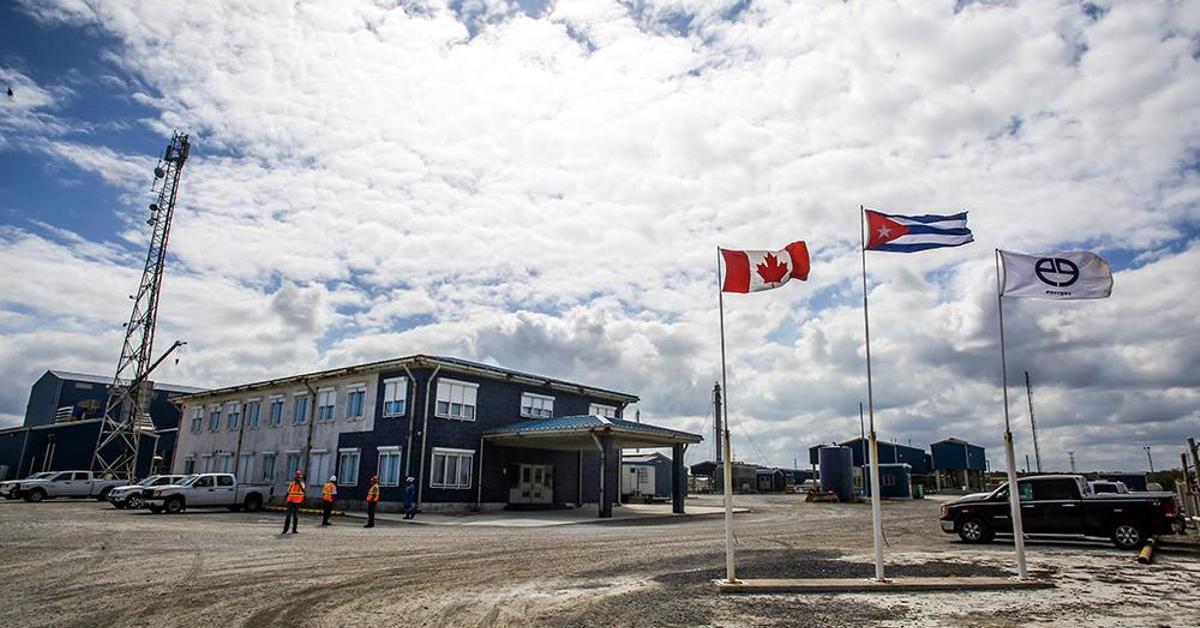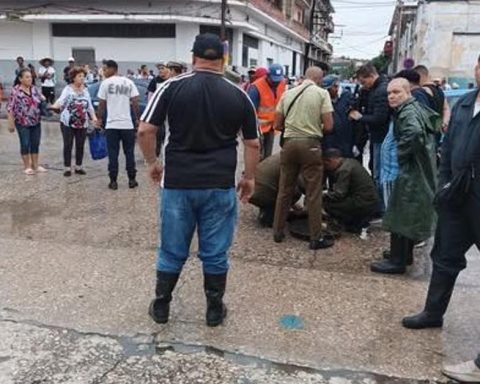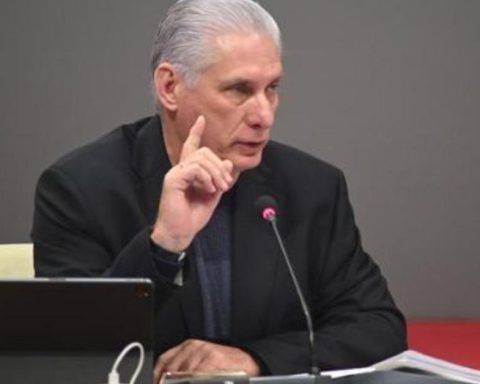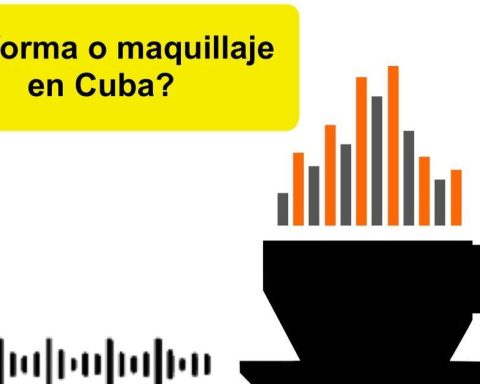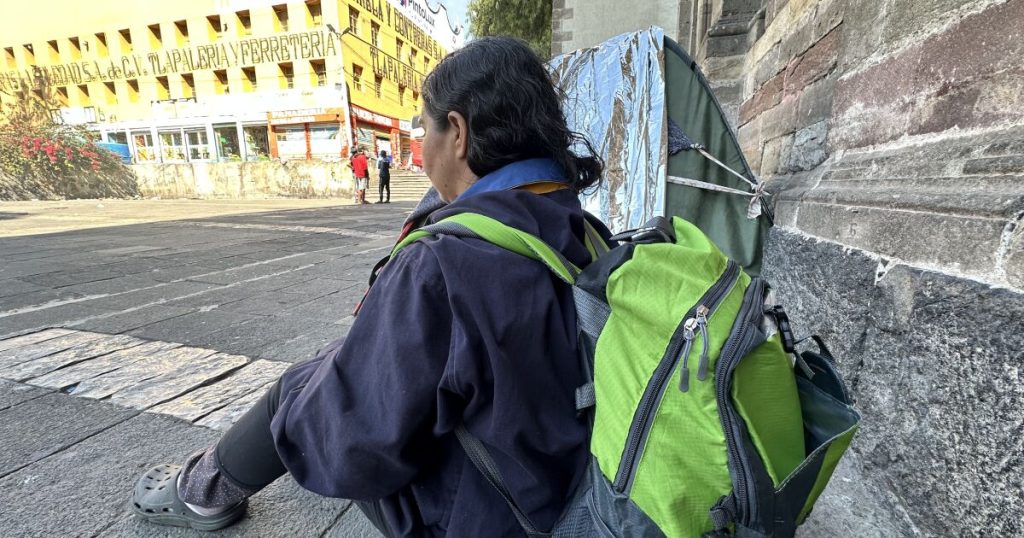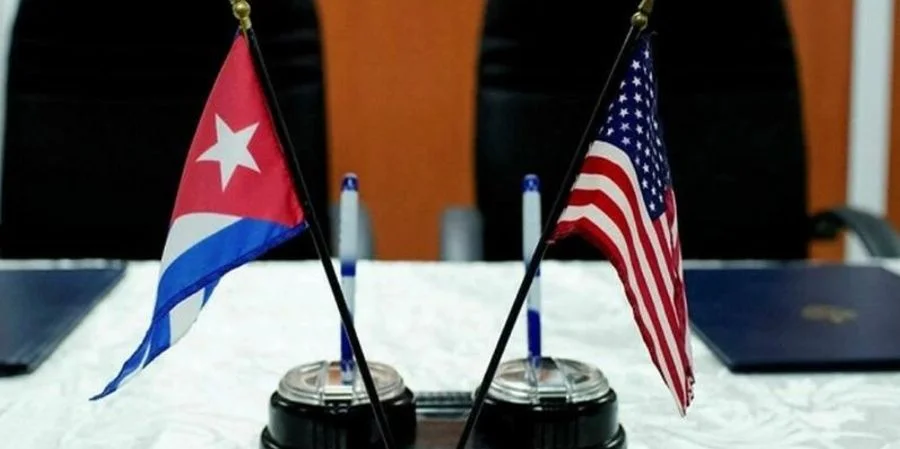Havana/To maintain business with the Cuban regime, the Canadian mining giant Sherritt International uses multiple means to avoid Washington sanctions. With true business acrobatics that are carried out from Switzerland to the Cayman Islands, the company is protected from the Helms-Burton Act, the US tool par excellence to hinder the financial movements of Havana.
Registered in Barbados, the subsidiary company known under the acronym Sicog (Sherritt International Cuba Oil & Gases Limited) is one of the instruments of both parties to preserve the secrecy of their transactions, he explains to 14ymedio businessman William Pitt, an observer of the regime’s mining businesses, who expropriated multiple valuable oil properties from his family in 1960.
In the Official Gazette published on October 25, 2023 Sicog was referred to as a “Barbadian company”. Sherritt’s name is omitted in all the articles of the section, which renewed the authorization for the company to remain registered in the National Registry of Foreign Commercial Representations.
The text also defined – with great ambiguity – the powers of Sicog: “the marketing and exploitation of oil in Cuba, as well as the attention to investments that are developed in the spheres of oil, nickel, tourism, agriculture, sugar and financing.” , practically all the items that provide hard currency to Cuba, with the exception of the marketing of medical services.
What the regime does not allow Sicog to do is “import and export directly on a commercial basis”
What the regime does not allow Sicog to do is “import and export directly on a commercial basis, nor distribute and transport merchandise in the national territory.”
Although Sherritt is not mentioned in the section dedicated to Sicog, in the same Gazette There is an authorization for another subsidiary of the Canadian company: Sherritt International Investments Limited, also based in Barbados.
Sherritt International Investments Limited has powers similar to those of Sicog, according to the Gazette: “attend to investments in Cuba in the spheres of oil, nickel and electricity.” However, it is prohibited from importing and exporting, as well as “issuing commercial invoices.”
“Barbados is a tax haven,” says Pitt, although the country has recently modified its legislation with the creation of a corporate tax – very low, with a maximum of 5.5% – to achieve its exclusion from the black list of tax havens. “In that country there are no requirements for an annual general meeting, nor reporting, accounting or auditing requirements for companies. Only one shareholder and one director are required, who do not even have to be residents. In fact, they may be the same person or entity.”
Although Sherritt is required – by Canadian stock exchange regulations – to report certain data, companies like Sicog contribute to the mining giant limiting its public information and operating with little transparency.
The advantageous discretion that Barbados offers the regime and Sherritt is unmatched. “All private information, such as the register of directors and offices, or the register of shareholders, is kept away from the public. Corporate documents related to the company can be stored anywhere in the world,” adds the businessman.
Sicog has a single shareholder, which Pitt said gave the company the right to “not have to hold rallies or annual meetings.”
Sicog has a single shareholder, which Pitt said gave the company the right “not to have to hold rallies or annual meetings.” You can also easily change your name – another mechanism to avoid sanctions – without involving other parties.
Sherritt is interested in three types of business with Cuba: energy, oil and gas, and mining, Pitt lists. The company has been withdrawing from other sectors in which it previously had interests, such as hotels and other tourist centers. The Island has a million-dollar debt with the Canadian giant that is paid through the so-called “cobalt exchange” of 2022, which allows it to exploit this mineral in its plants in Moa (Holguín).
Sherritt built the Varadero, Boca de Jaruco and Puerto Escondido power plants—three jewels in the energy crown in western Cuba—in which it has a 33% stake in association with the state-owned Energas.
In Varadero, explains Pitt, Sherritt and Energas operate a plant connected to an electrical substation with a capacity of 173 megawatts (MW). “The plant has two mutually integrated facilities, which process the gas obtained from the oil wells near the plant, transforming it into clean, dry gas which is used to power the turbines.”
Puerto Escondido, for its part, consists of “two raw gas processing plants, a gas turbine, and an electrical generator with an energy capacity of 20 MW.” Finally, Boca de Jaruco, 50 kilometers from Havana, is the largest of the three facilities and the fifth plant that produces the most electricity in Cuba. Its structure is similar to that of Varadero and its capacity is 313 MW. “This plant sends natural gas produced by the wells through pipelines to Havana to supply the natural gas used to cook more than 280,000 families and restaurants in the Cuban capital.”
Puerto Escondido, for its part, consists of “two raw gas processing plants, a gas turbine, and an electric generator.”
Despite Sherritt’s efforts to keep his interests in Cuba afloat, the Island has proven to be a laborious and unfruitful project.
With two cyclones and a comprehensive crisis that affected the entire industry, 2024 was a catastrophic year for the facilities operated by the Canadian giant in Cuba. With constant blackouts since the beginning of the year – the deficit expected for this Wednesday was 1,270 MW – it does not seem that 2025 will be very different.
